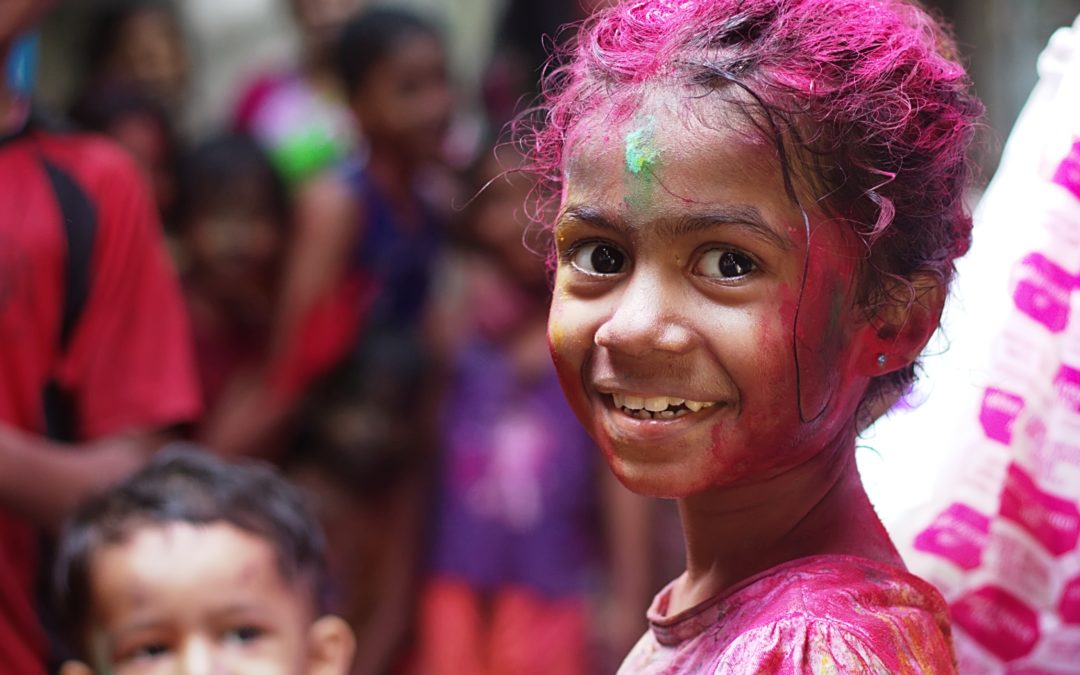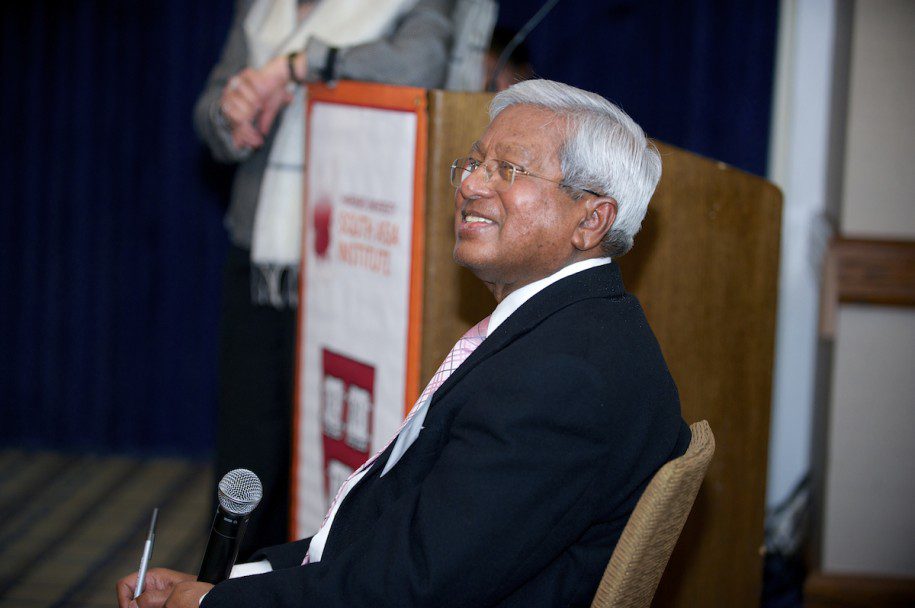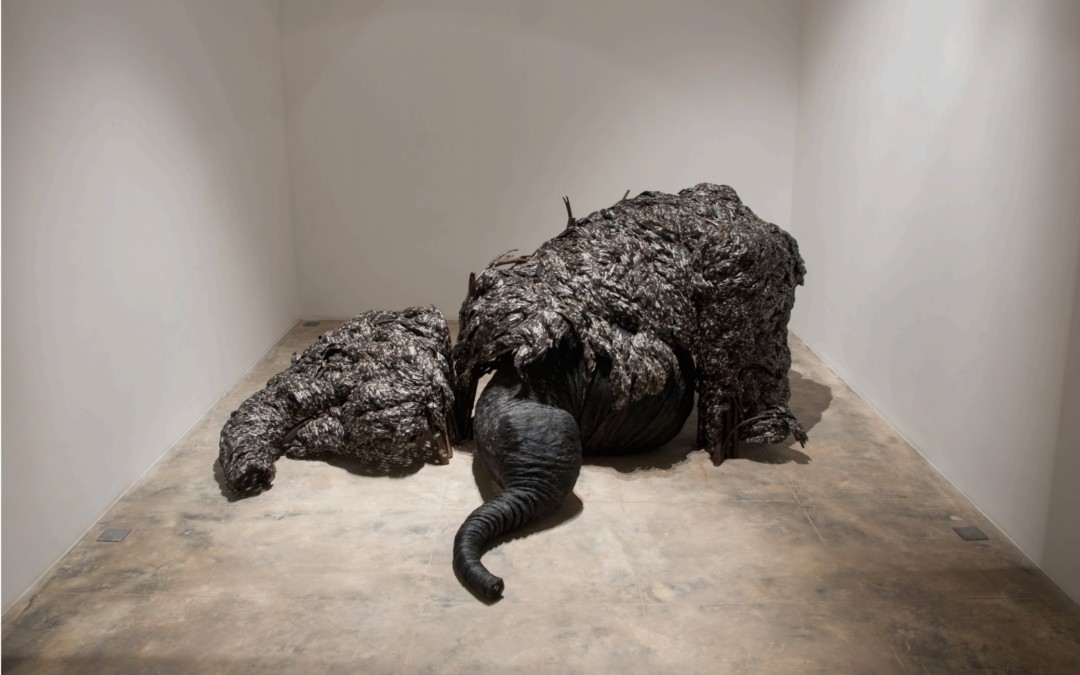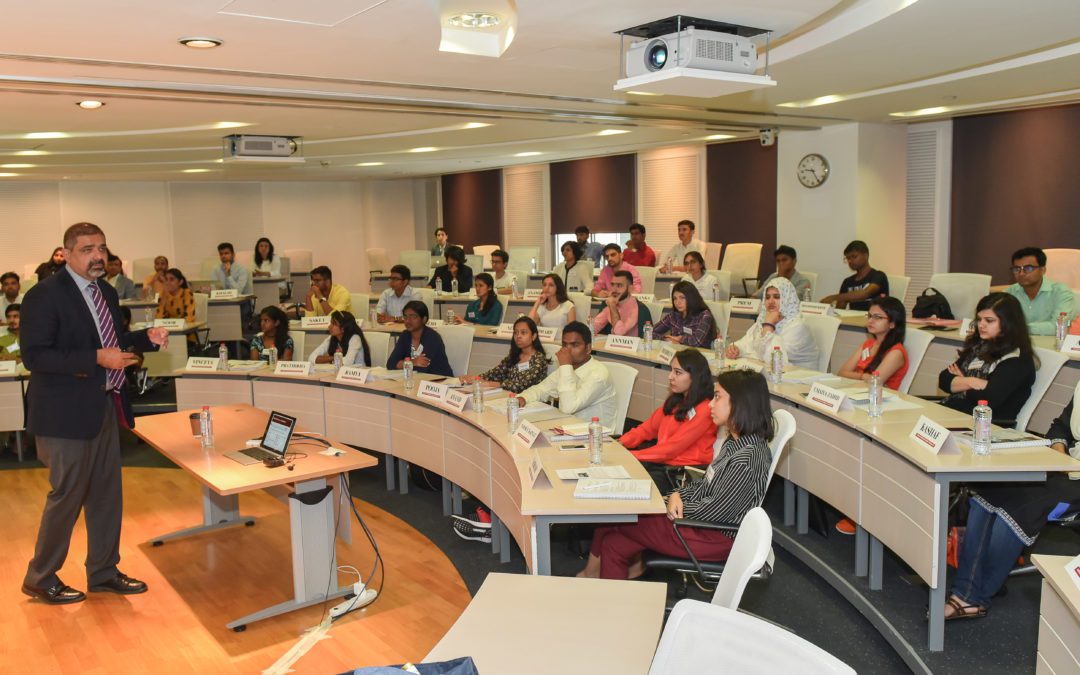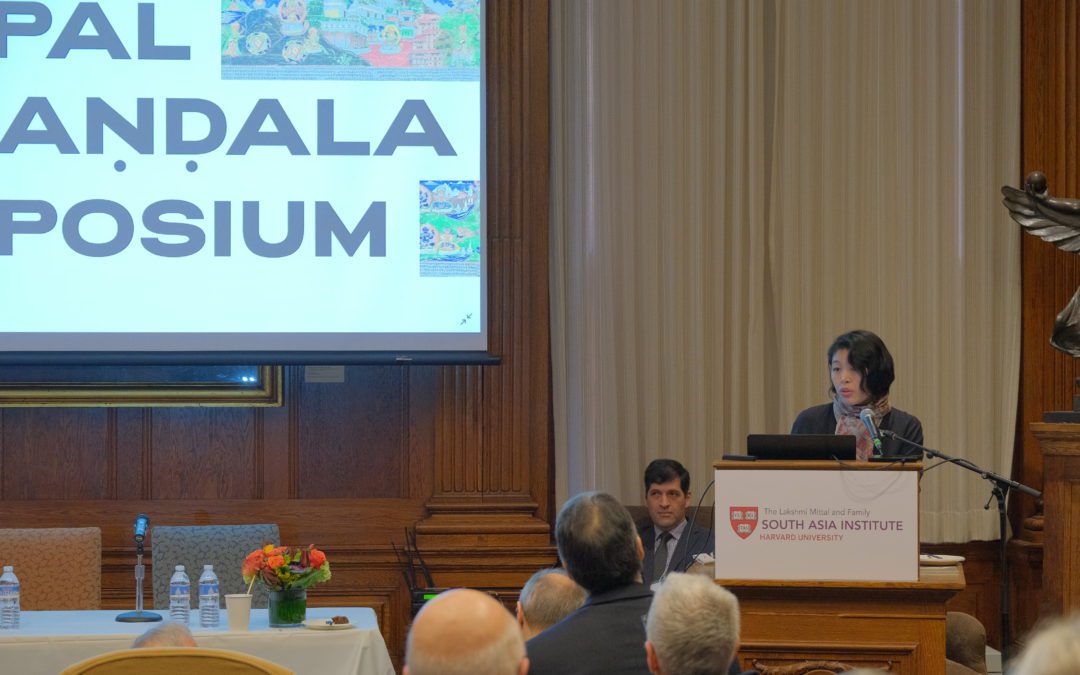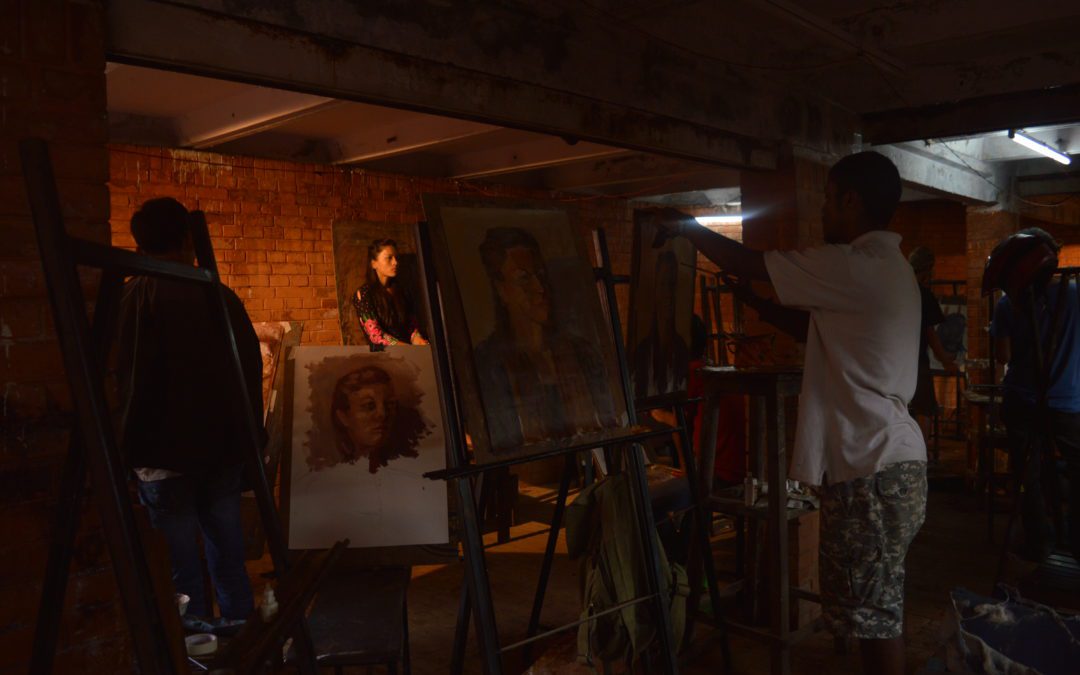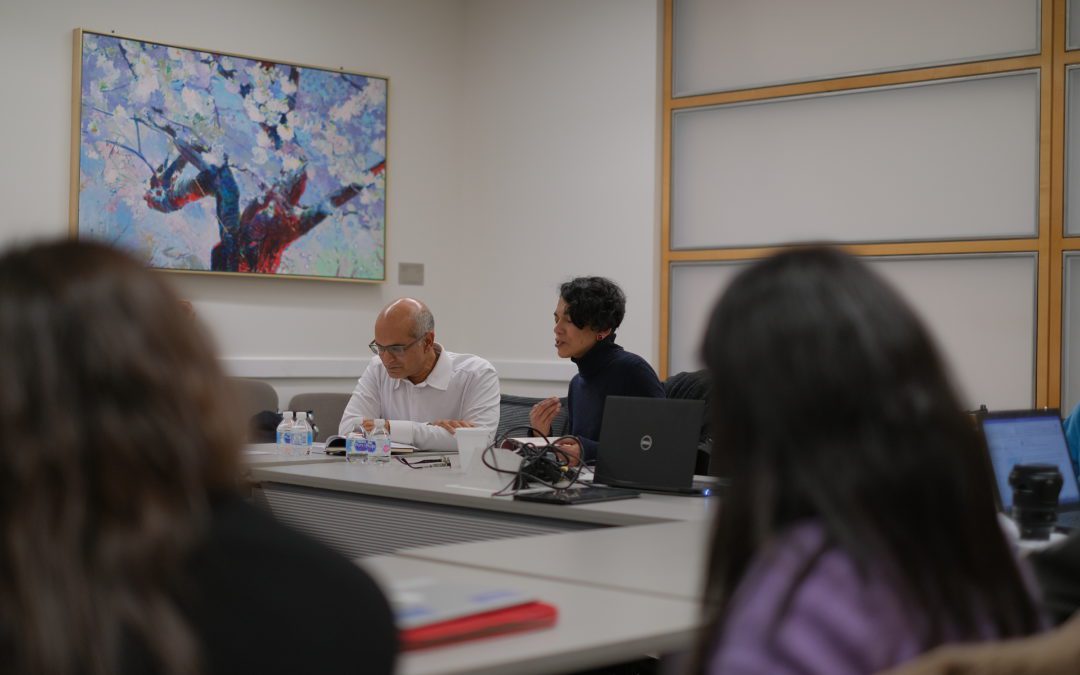India Science Festival: Bridging the Gap Between Science and Society
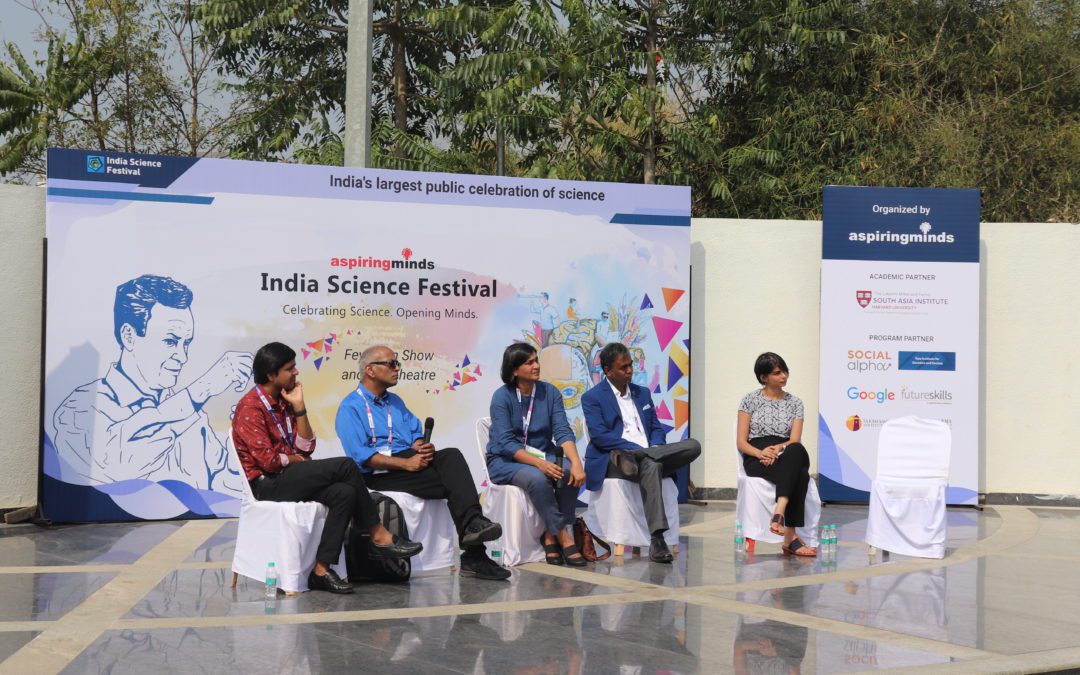
The beginning of 2020 marked a massive celebration of science with the India Science Fest (ISF) in Pune, India, which aimed to bridge the gap between scientists and society and help the youth engage with the latest in science and technology from across the world. The festival, organized by Aspiring Minds and the Mittal Institute, brought the international science community to the Indian Institute of Science Education and Research (IISER). Social Alpha, the Tata Institute of Genetics and Society, and Google AI Research were key supporters of the festival.



